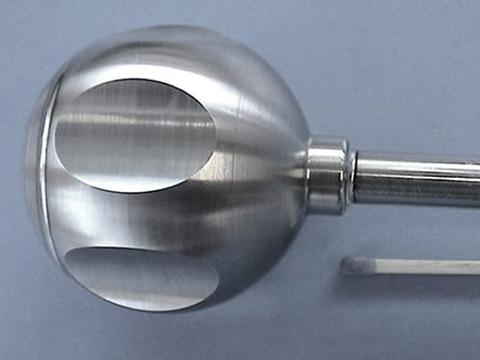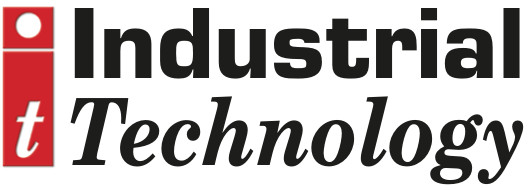
Posted to News on 21st Feb 2023, 09:42
Laser welding is the light touch solution for medical components

There are an increasing number of medical sector applications where metal components and devices require joining, and laser welding is now well established as the process of choice for many manufacturers, as the experts at TLM Laser explain.
The medical sector demands the highest levels of quality, consistency, and traceability in every aspect of its day-to-day operation. These same stringent standards also apply to the manufacturing processes used to produce the medical devices, implants, and instruments required as part of patient treatment programmes. As one might imagine, achieving these rigorous specifications requires state of the art technologies capable of performing precision processes consistently with the highest levels of quality.
The power, flexibility, precision, and performance of the laser are the key attributes which have been instrumental in the adoption of the technology in a wide range of medical sector related applications. Lasers are capable of precisely joining individual items to create a structural bond, or to generate a hermetic seal where required to avoid leakage or ingress, and even extremely small parts can be welded with high levels of precision.
The ability to precisely control laser energy makes it possible to weld metals which have high melt temperatures or high thermal conductivity. In addition, materials that are otherwise difficult or impossible to weld by other means, can often be successfully joined using a laser.
As the UK and Ireland distributor for Alpha Laser, Bromsgrove based TLM Laser has a comprehensive range of laser welding technologies available, as company director Andy Toms explains: “With a choice of both fibre lasers and Nd:YAG lasers available, we are able to recommend the best solution to any specific laser welding application on medical sector related parts. Lasers deliver pinpoint energy input, resulting in less heat, which prevents distortion of the components being joined. The process also provides a smooth, oxide-free surface and a slim seam on butt weld joints, overlap welds, or fillet welds. Another benefit is that preheating of the material is usually not required.”
Such has been the success and subsequent growth of the laser welding process within the sector, Alpha Laser has launched the new AL Q laser welding system. This has been developed for the high specification, high quality production environments found within the medical sector. This Class 1 closed laser system is available with a choice of 450W or 600W fibre lasers, with either water- or air-cooled modules available.
The system includes an electrically operated door with a laser safe window, and the system has been designed for ergonomic operation whilst seated. In addition to the standard 3 axis operation (X-Y-Z) an optional tiltable rotation unit is available. This can either be controlled manually via a joystick, semi-automatically or in fully automatic mode.
When welding with a laser, the beam is focused on a 0.2 to 2 mm small spot by the focusing optics. The energy input at the focal point is very high, which causes the material surface to melt quickly. Depending on the welding requirements, the joint can be produced with or without different filler metals (wire). A further benefit of the laser is the ability to operate in different modes. Using the pulsed mode principle, the melt pool cools during the pulse pauses, resulting in shallower penetration, less distortion and overall lower energy input into the material, which is especially important on thin components.
Alternatively, when welding in CW mode, a continuous melt pool is the result. This achieves deeper weld penetration using high energy densities, a high average power with a small focus diameter. The CW thermal conduction welding process is also used for material build-up and joint welding of crack-prone base materials, as the process, depending upon the material being joined, enables very homogeneous weld material without micro-cracks.
Toms concludes: “Laser welding systems have become indispensable production tools for the manufacture of medical technology components, which are generally produced from titanium or other types of stainless steels. Whether being used for joining implant systems, or the manufacture of endoscopes or surgical instruments, all products which must meet the highest quality standards and feature flawless surfaces, the advantages of laser welding are apparent everywhere.”






